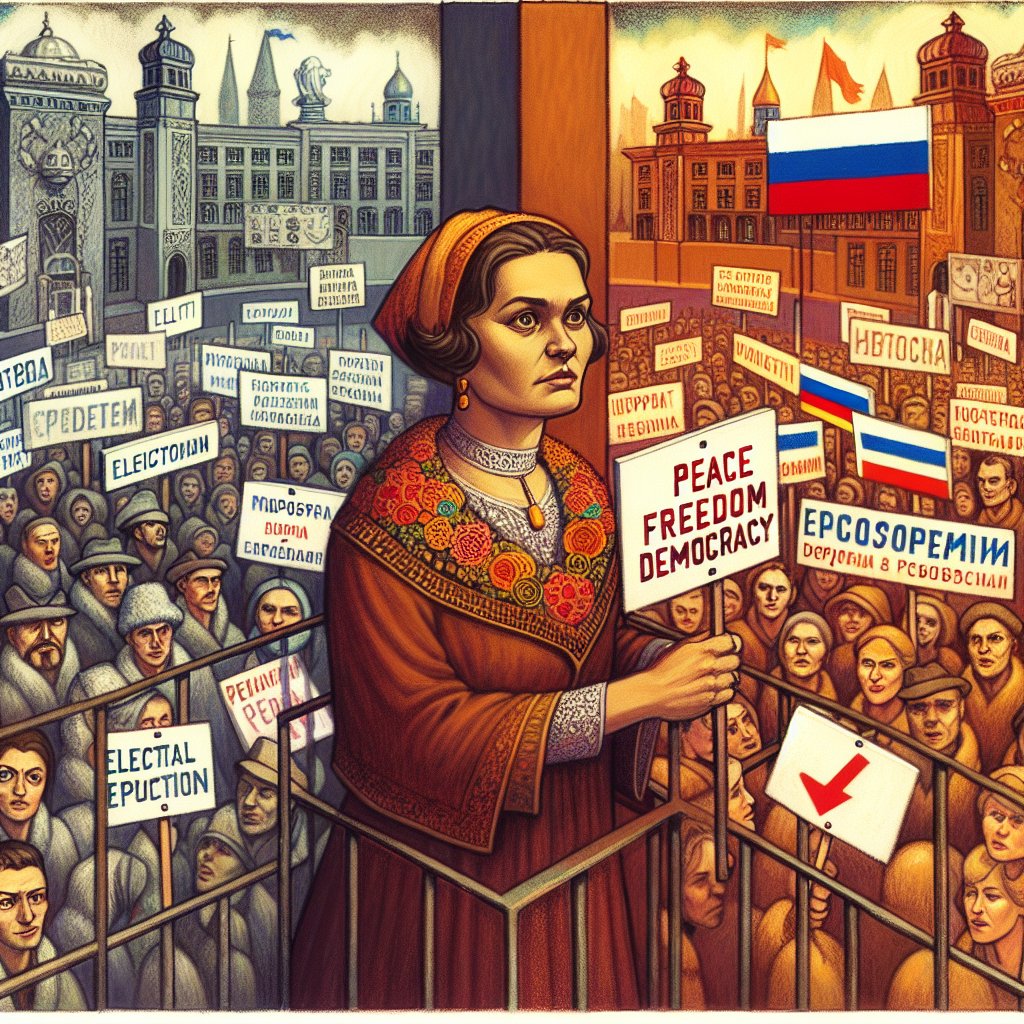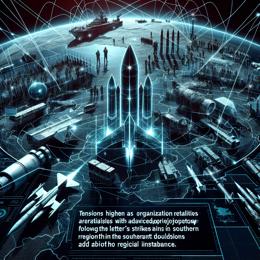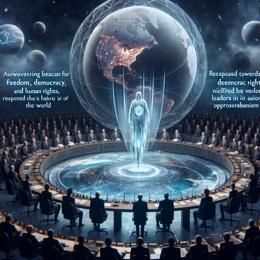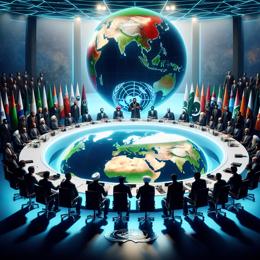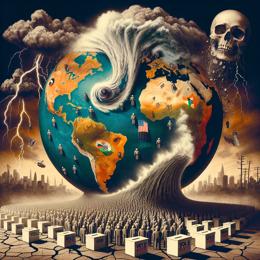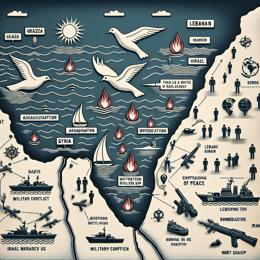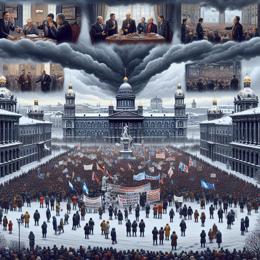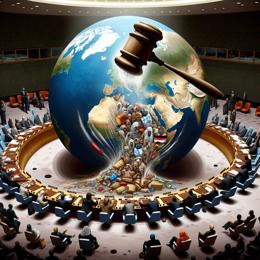Content created by AI
Russia's Supreme Court Rejects Antiwar Journalist's Presidential Candidacy
In a move underscoring the challenges faced by opposition figures in Russia, the Supreme Court has affirmed the decision by the Central Electoral Commission to bar Yekaterina Duntsova, a former television journalist and vocal opponent of the war in Ukraine, from participating in the upcoming presidential elections slated for March. This ruling, announced on Wednesday, eliminates a dissenting voice from the ballot as the country prepares to vote in a political landscape dominated by the incumbent, Vladimir Putin.
Duntsova had aimed to present a platform centered on peace, freedom, and democracy, rallying under these banners for the tens of millions of Russians she claims are currently without representation. Despite her ambitions, Duntsova's electoral journey was cut short due to what the Central Electoral Commission described as "numerous violations" in the documents she filed for her candidacy.
Following the Supreme Court's decision, Duntsova took to her Telegram channel, conveying the setback and expressing her intention to channel her efforts into creating a new political party. This nascent party, she hopes, will resonate with and galvanize the Russian populace that shares her vision for the country's future.
An examination of Duntsova's political foothold reveals her relatively obscure standing in Russia. She concedes possessing only a modest following amidst Russia's vast population of over 140 million. Despite the seeming disproportionality of her support base, Duntsova had persisted in her presidential bid, alleging to international news outlets like Reuters that her disqualification was unjust.
The Central Election Commission maintains that its decisions are founded on statutory compliance and procedural integrity. The commission's role is seen as enforcing the procedural guidelines and eligibility criteria that prospective candidates must meet.
Meanwhile, Putin, who has helmed Russia for over two decades as either president or prime minister, is gearing up for what is projected to be a straightforward electoral victory that would grant him another six-year stint at the nation's helm. The Russian government underscores this anticipated outcome by pointing to opinion polls that credit Putin with an approval rating hovering around 80%, and frequently cites the broad support for what the Kremlin terms the "special military operation" in Ukraine.
As Putin stands unopposed by any formidable challengers, Duntsova's exclusion from the election underscores the difficulties faced by opposition figures in mounting significant challenges under the current political framework. Her barred candidacy shines a spotlight on the systemic hurdles that confront those who seek to introduce divergent viewpoints and challenge the status quo within Russia's political arena.
The ruling has evoked a mixed reception both domestically and on the international stage, with some viewing it as a tactical move to solidify the incumbent administration's power, while others regard it as a procedural necessity to uphold Russia's electoral laws.
In the wake of this ruling, the political discourse in Russia is poised to continue within a framework that leaves little room for opposition candidates. The strategical exclusion of dissenting political actors like Duntsova may have a lasting impact on Russia's democratic processes and its international image.
Moving forward, attention will inevitably center on how Duntsova and likeminded advocates for pluralism and democracy navigate the political landscape and whether their efforts will translate into a significant shift in Russia's domestic policies or its external relations, particularly with respect to the ongoing conflict in Ukraine.
